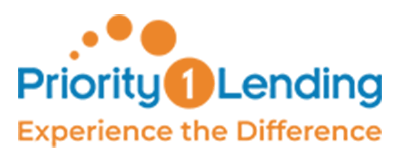What Is An FHA Loan?
FHA loans are backed by the Federal Housing Administration (FHA), an agency under the jurisdiction of the Department of Housing and Urban Development (HUD). FHA loans are insured by the FHA, which simply means that the owners of your mortgage are protected against loss if you default on your loan.
How Do FHA Loans Work?
FHA loans allow home buyers to borrow up to a certain percentage of a home's value, depending on their credit score. Home buyers who have a credit score over 580 can borrow up to 96.5% of a home's value with an FHA loan. Home buyers whose credit scores are between 500 - 579 can still qualify for an FHA loan with a 10% down payment.
While FHA loans are available with low down payment options and lower minimum credit score limits than other types of home loans, you’ll also have to pay mortgage insurance.

